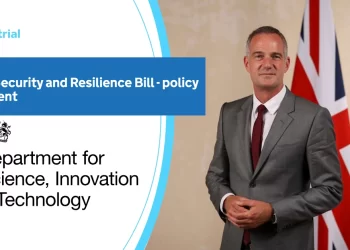Shoppers hoping to catch a post-Christmas bargain on London’s Oxford Street encountered an unusual additional element to their retail experience last month. As they navigated between the shops, a large dot matrix sign announced: “Police Facial Recognition in Progress.”
By the time the day-long deployment by the Metropolitan Police Service had ended, its van-mounted mobile cameras had scanned the faces of 12,100 people wandering the famous shopping street to find matches with a database or “watchlist” of wanted or vulnerable individuals. Four men, including an alleged fugitive drug dealer clearly not in the habit of reading street signs, were intercepted by officers and arrested.
The operation using live facial recognition or LFR was the first of its type by Britain’s largest force for nearly two years and represented part of a flurry of activity using a controversial technology touted by its proponents as a powerful tool for snaring criminals and deterring violence and by its detractors as the vanguard of an Orwellian, industrial-scale breach of privacy that threatens…









































